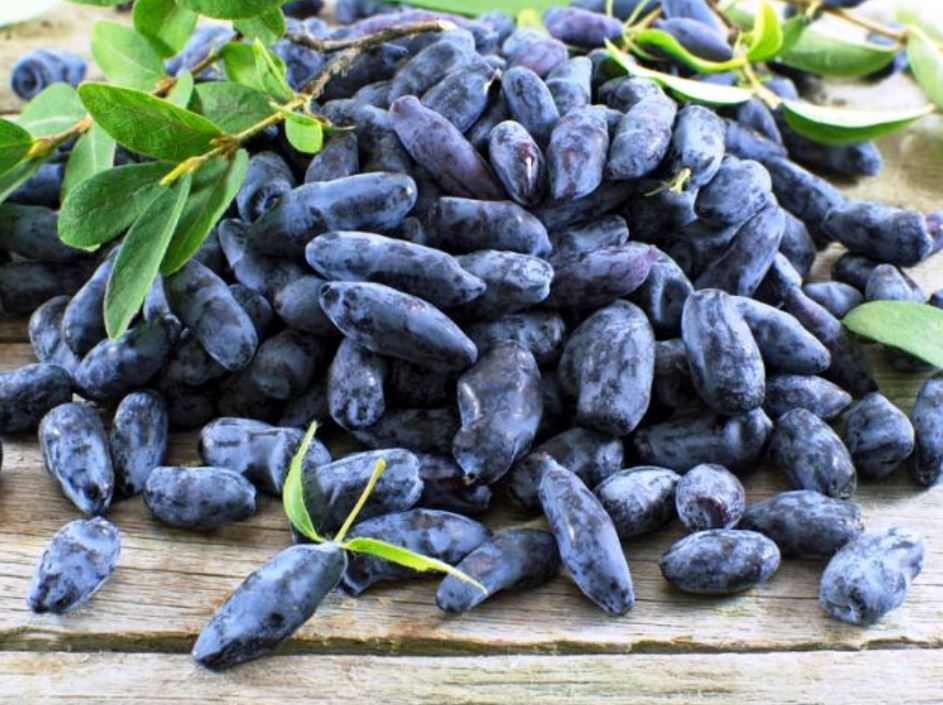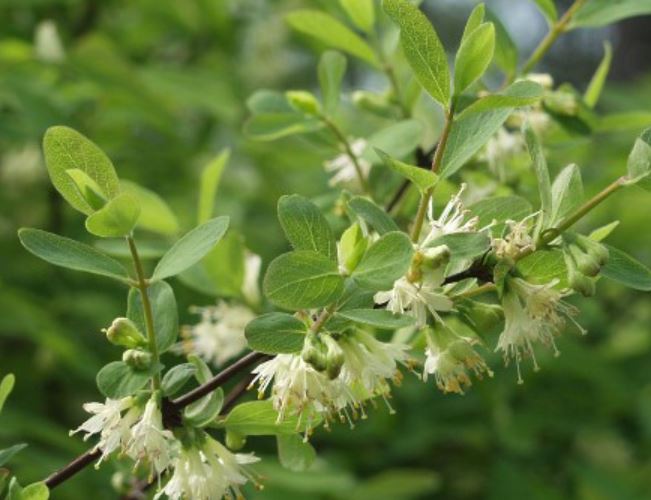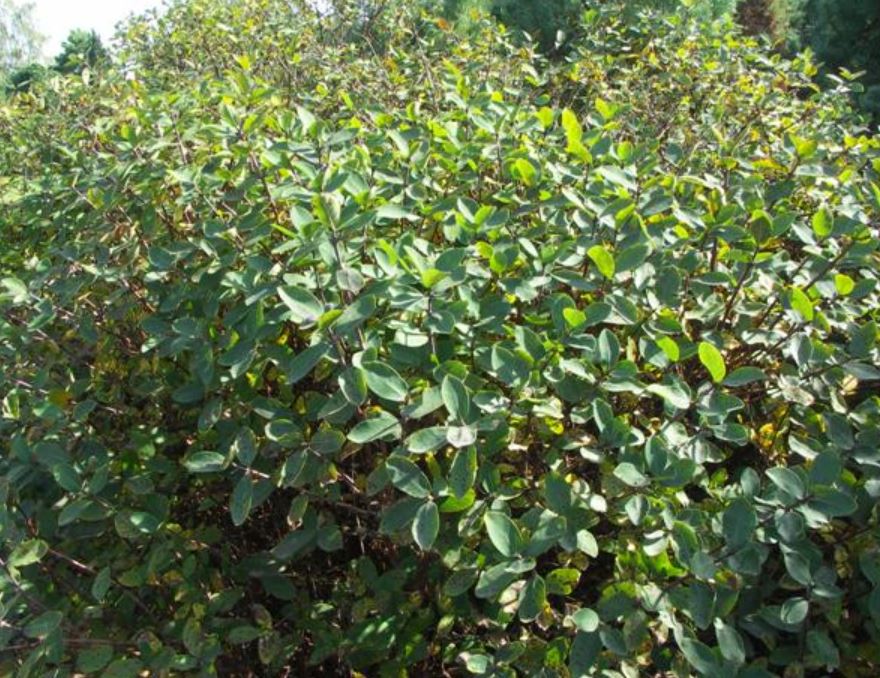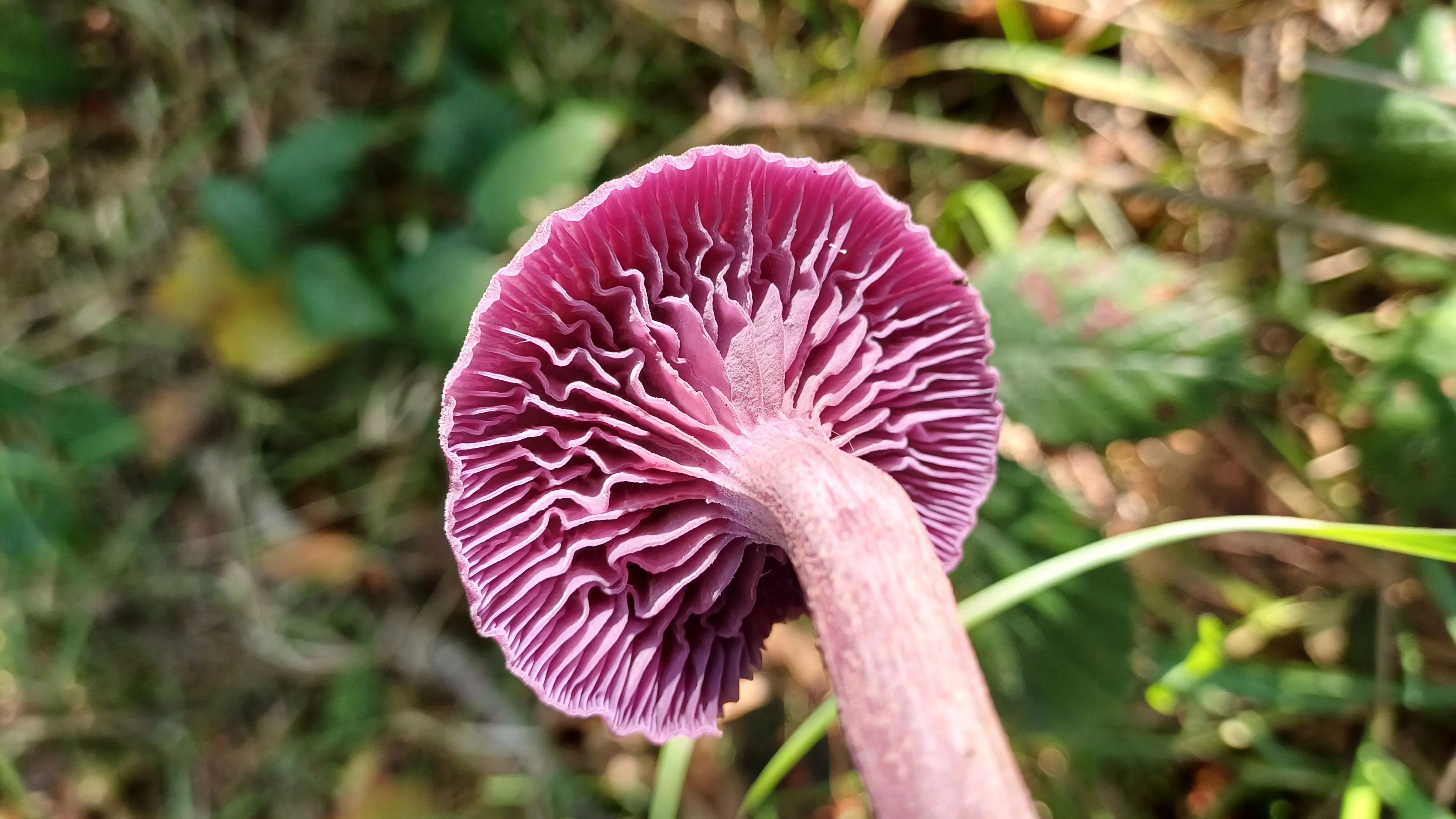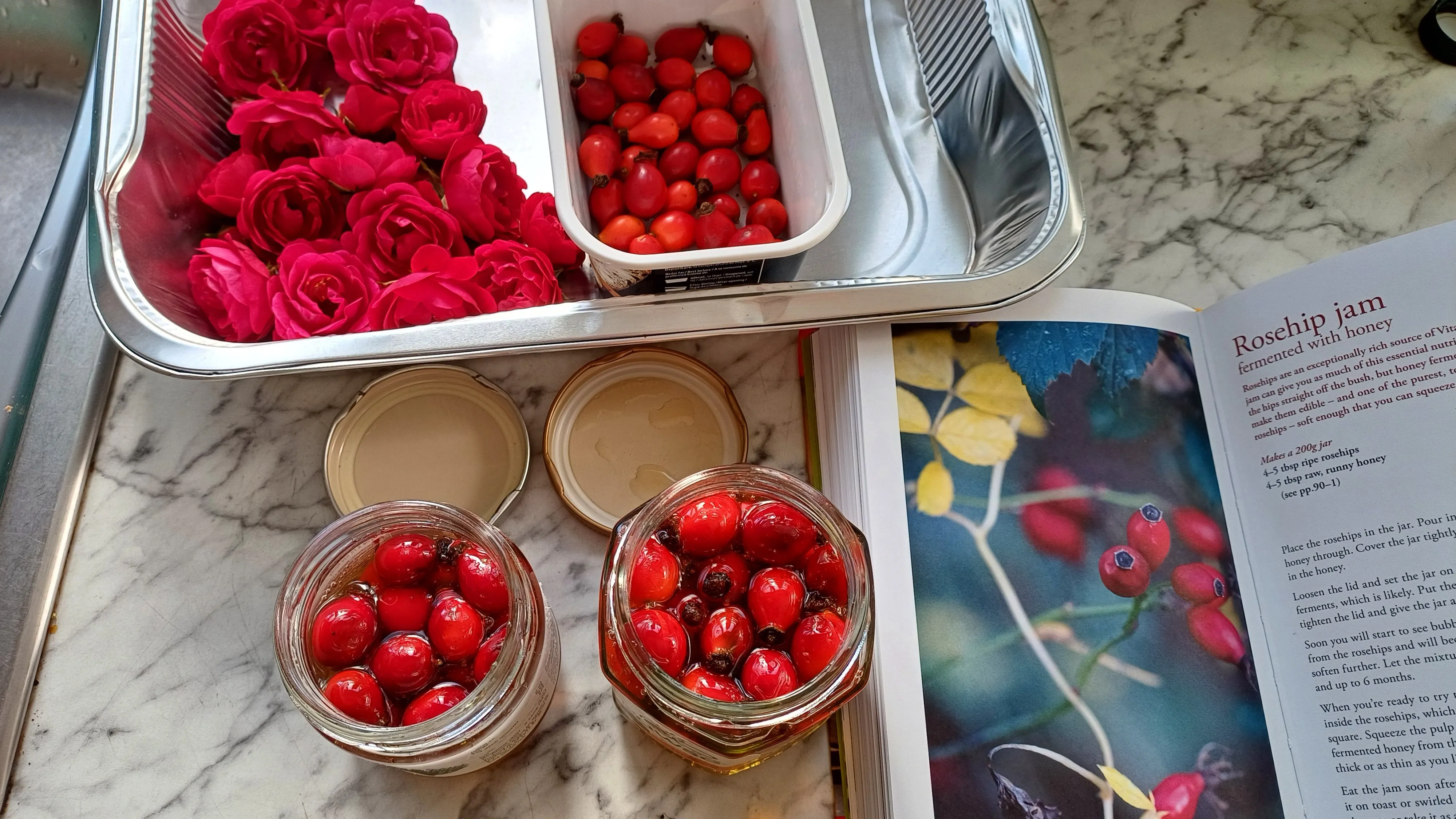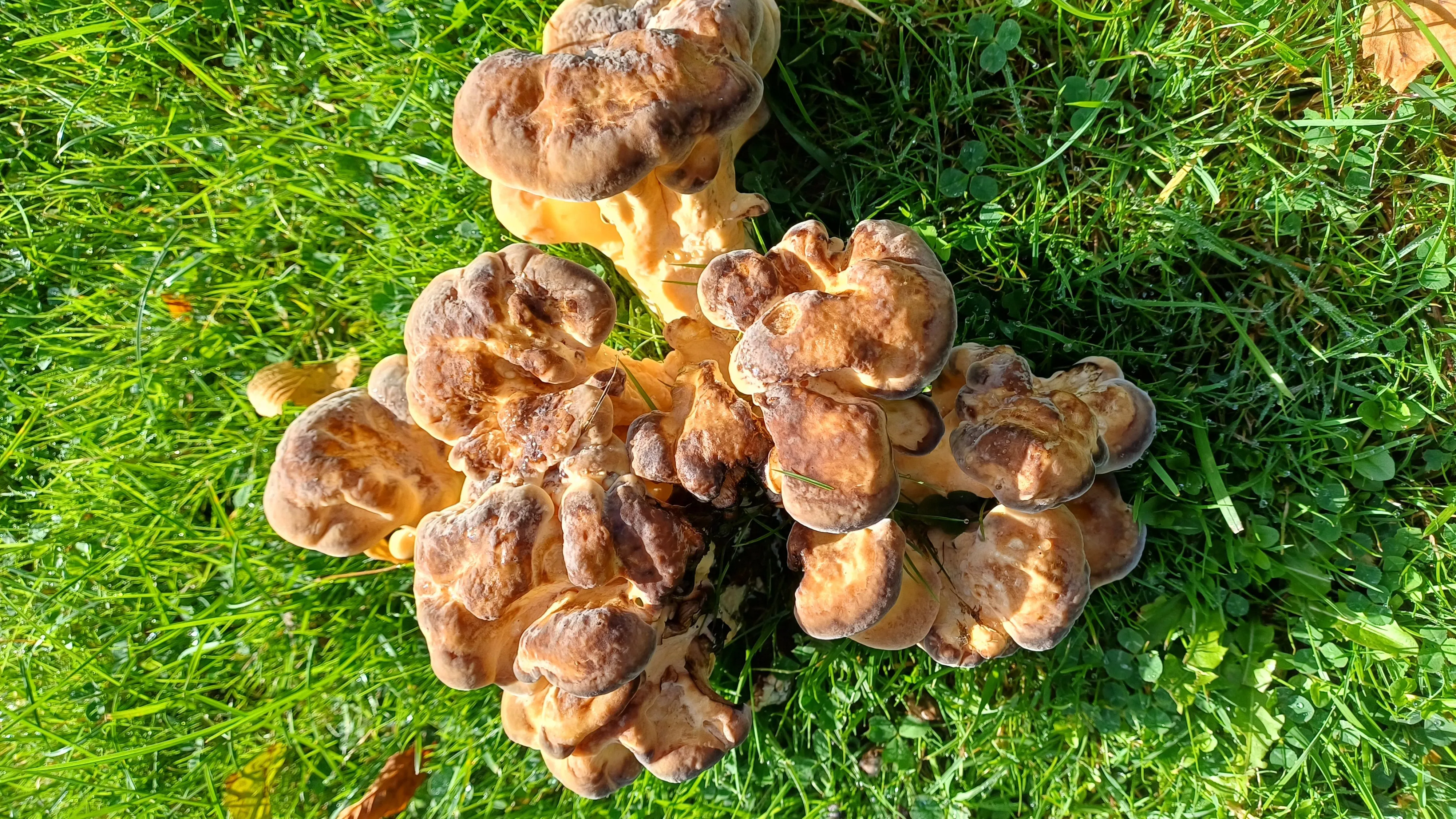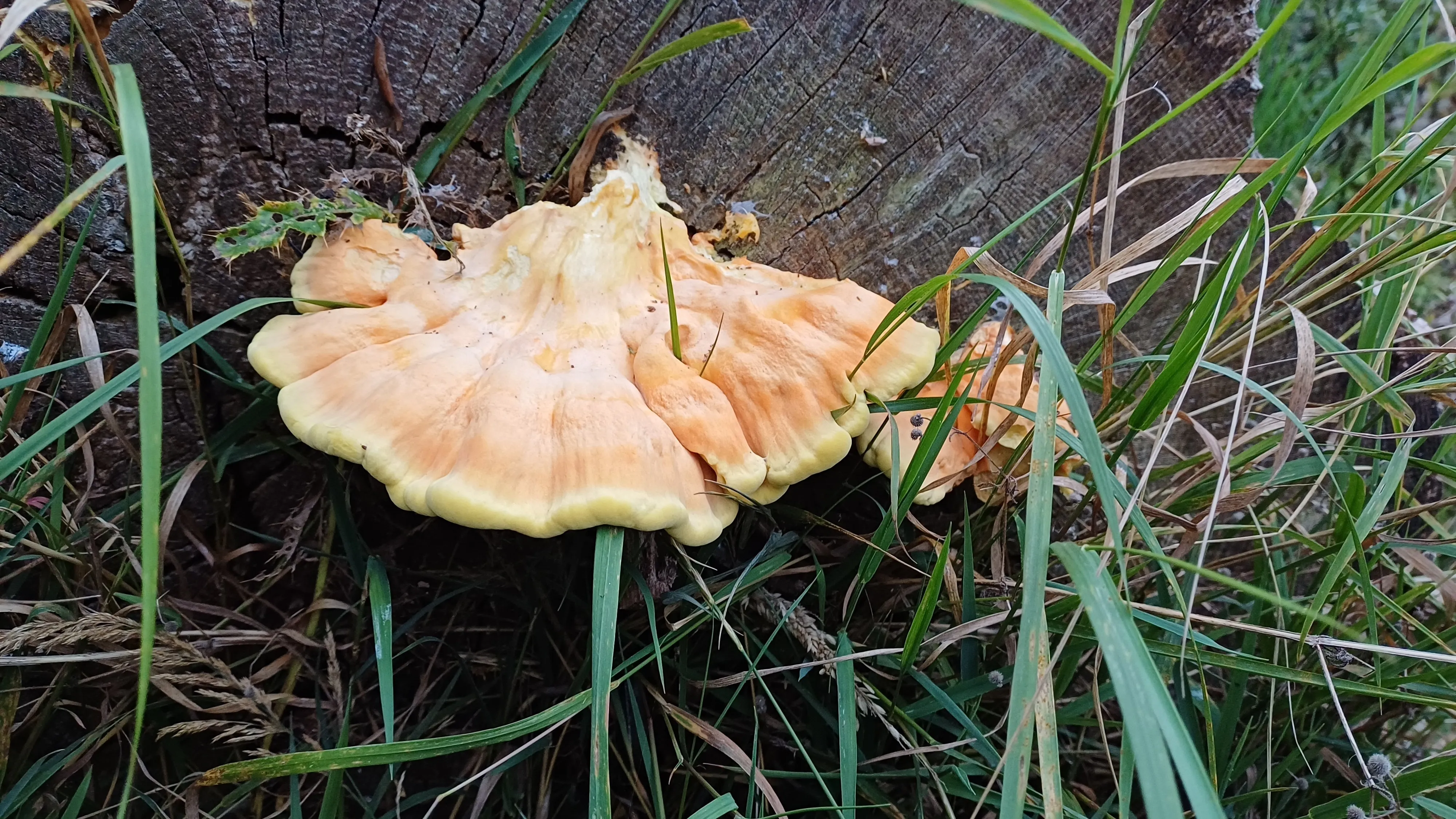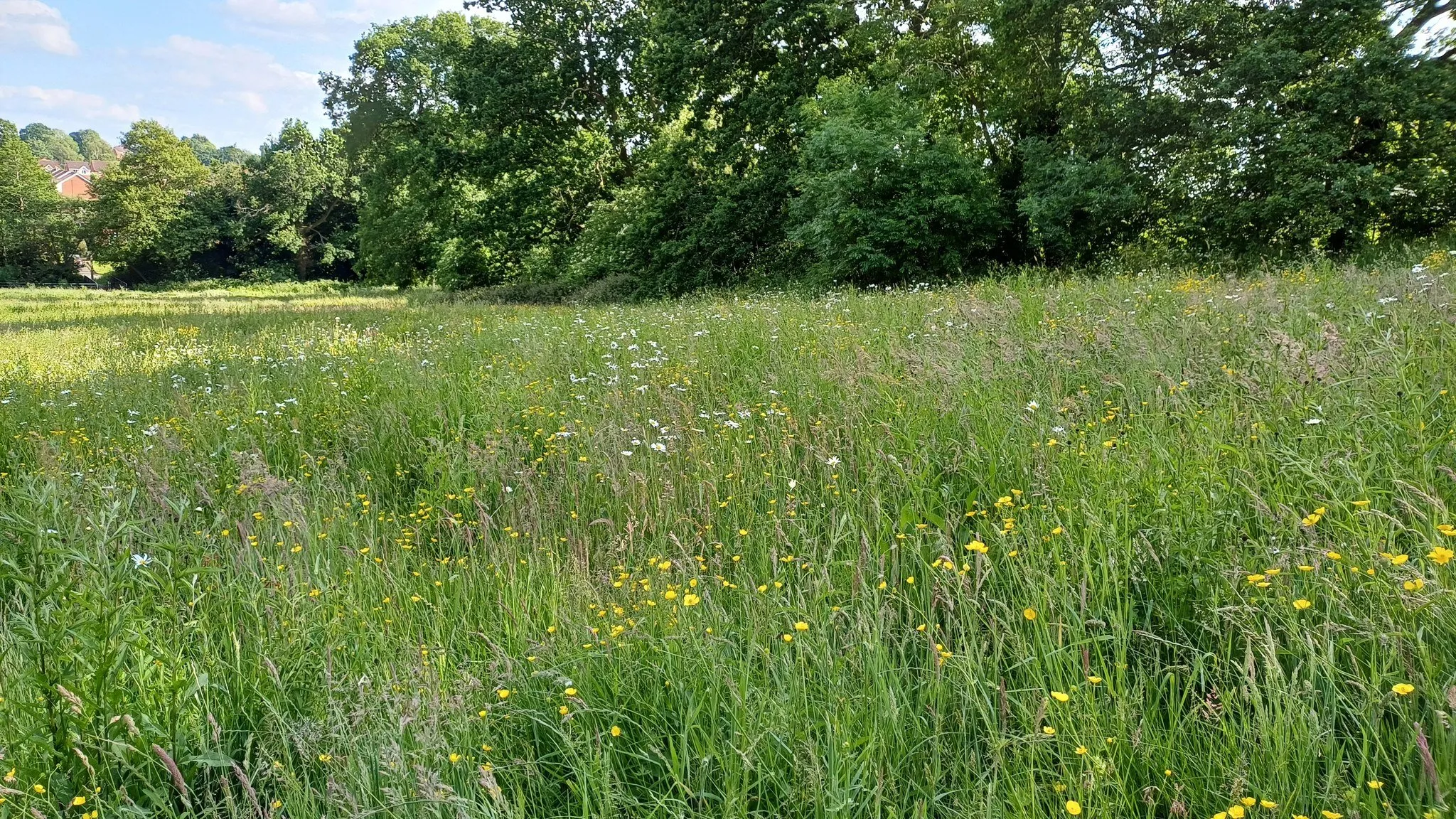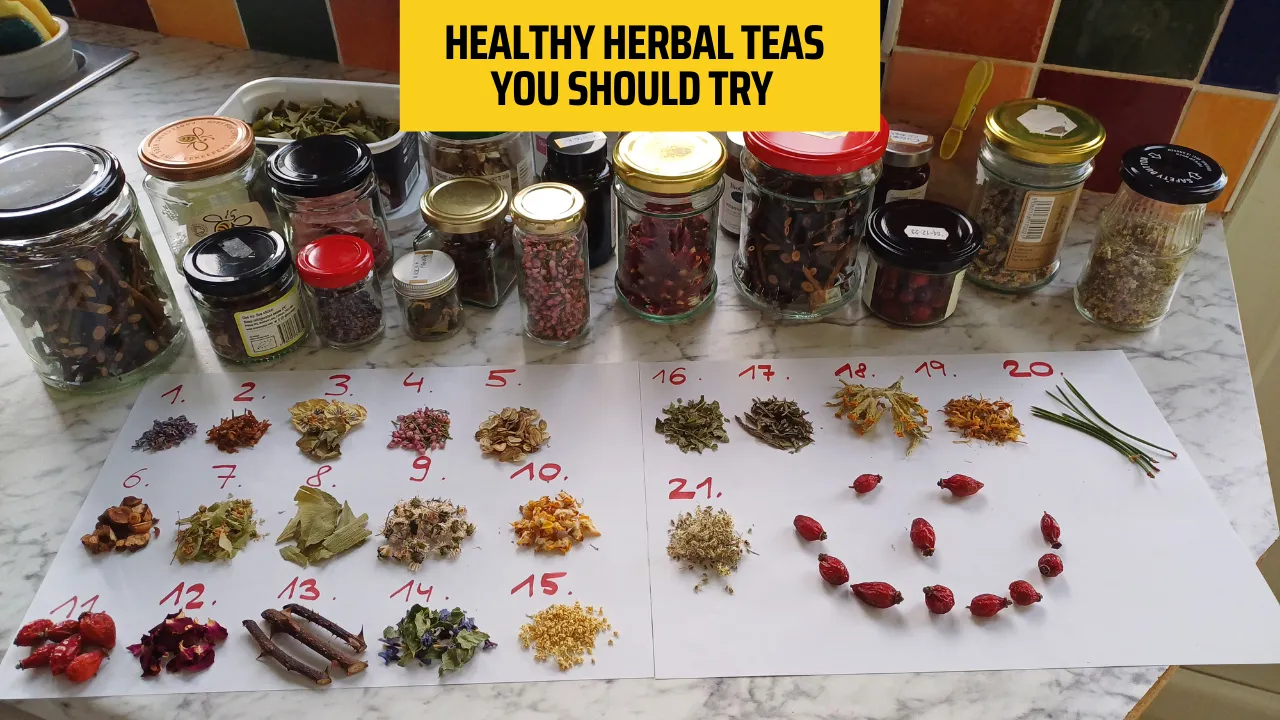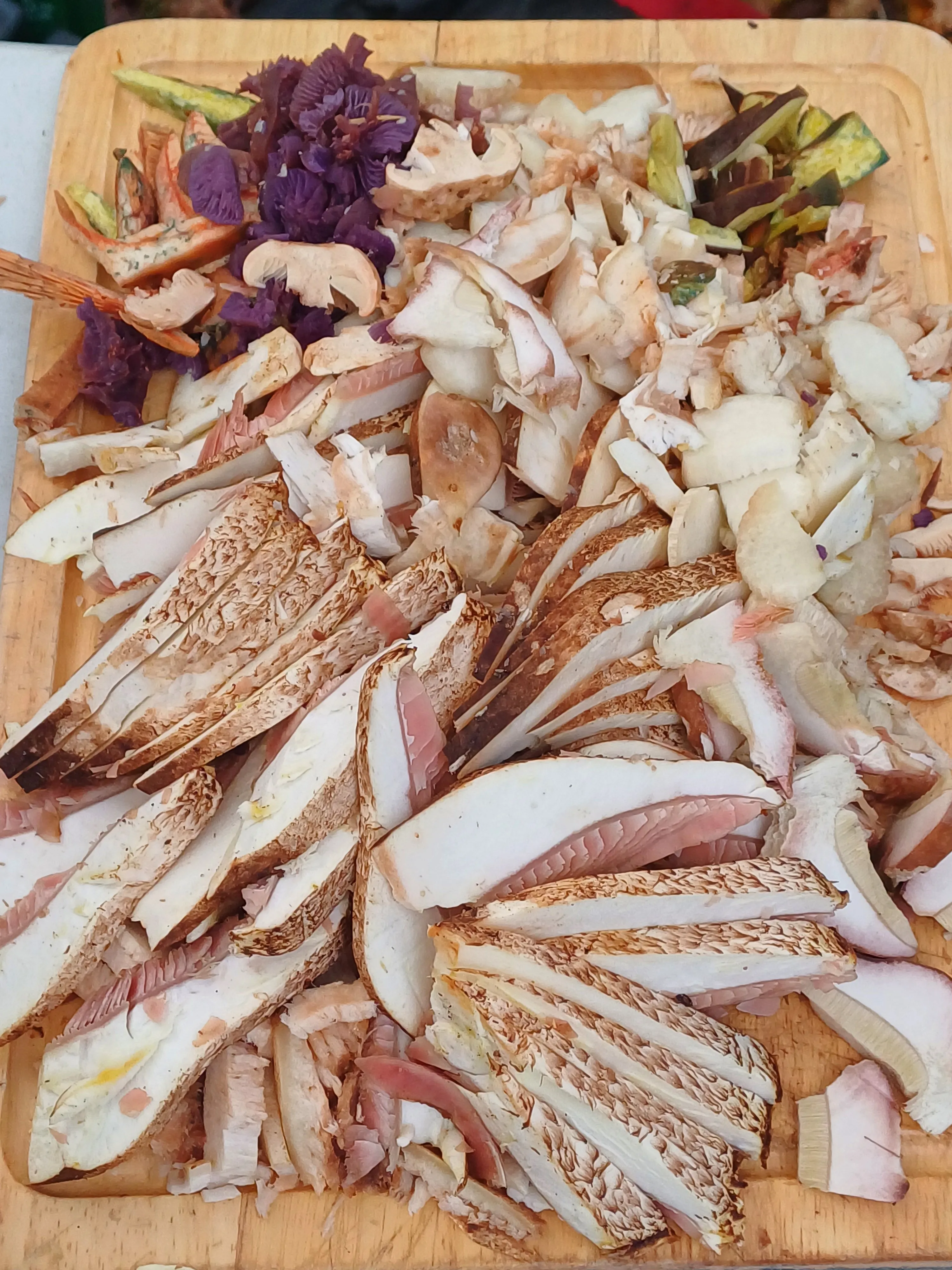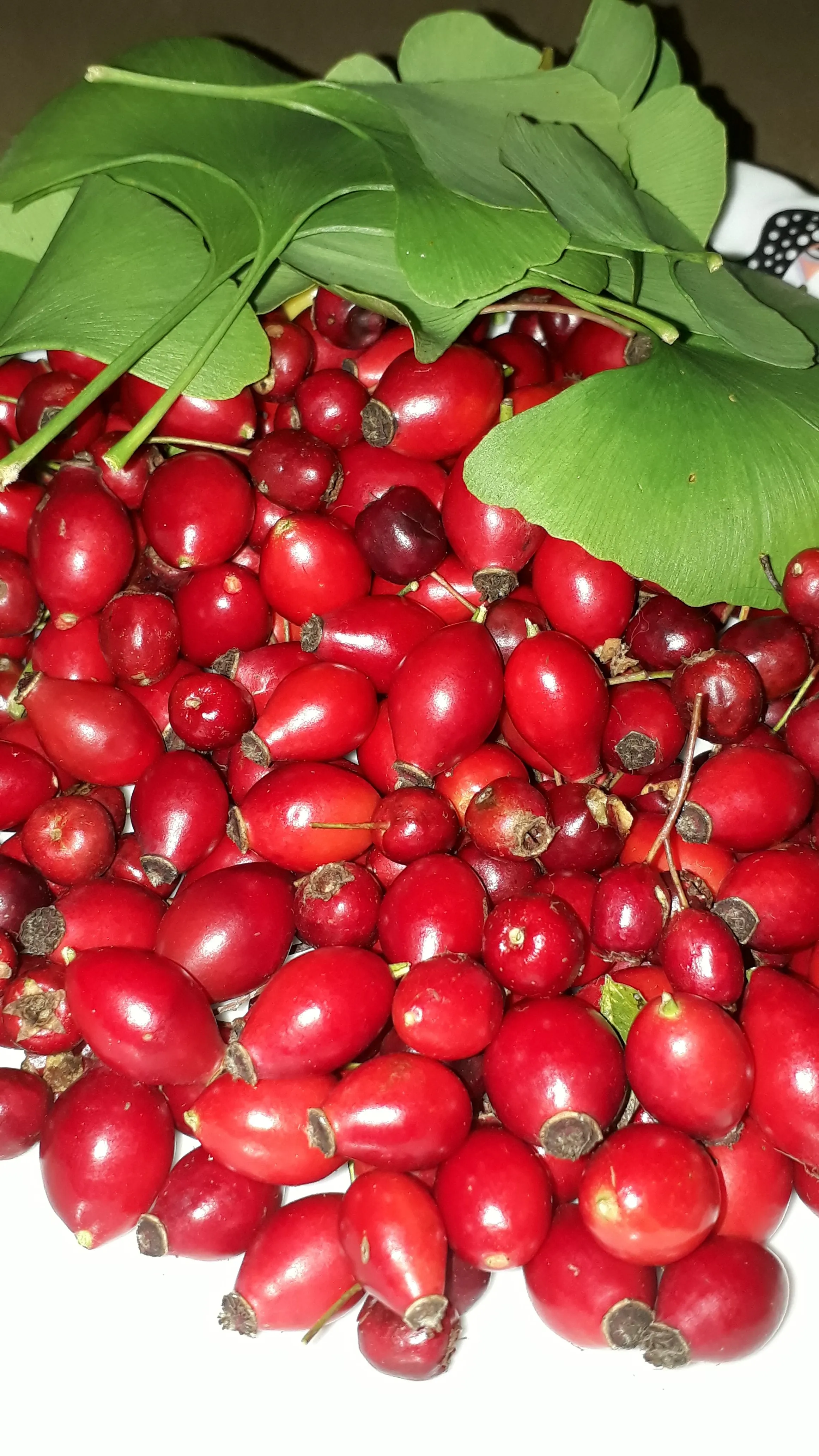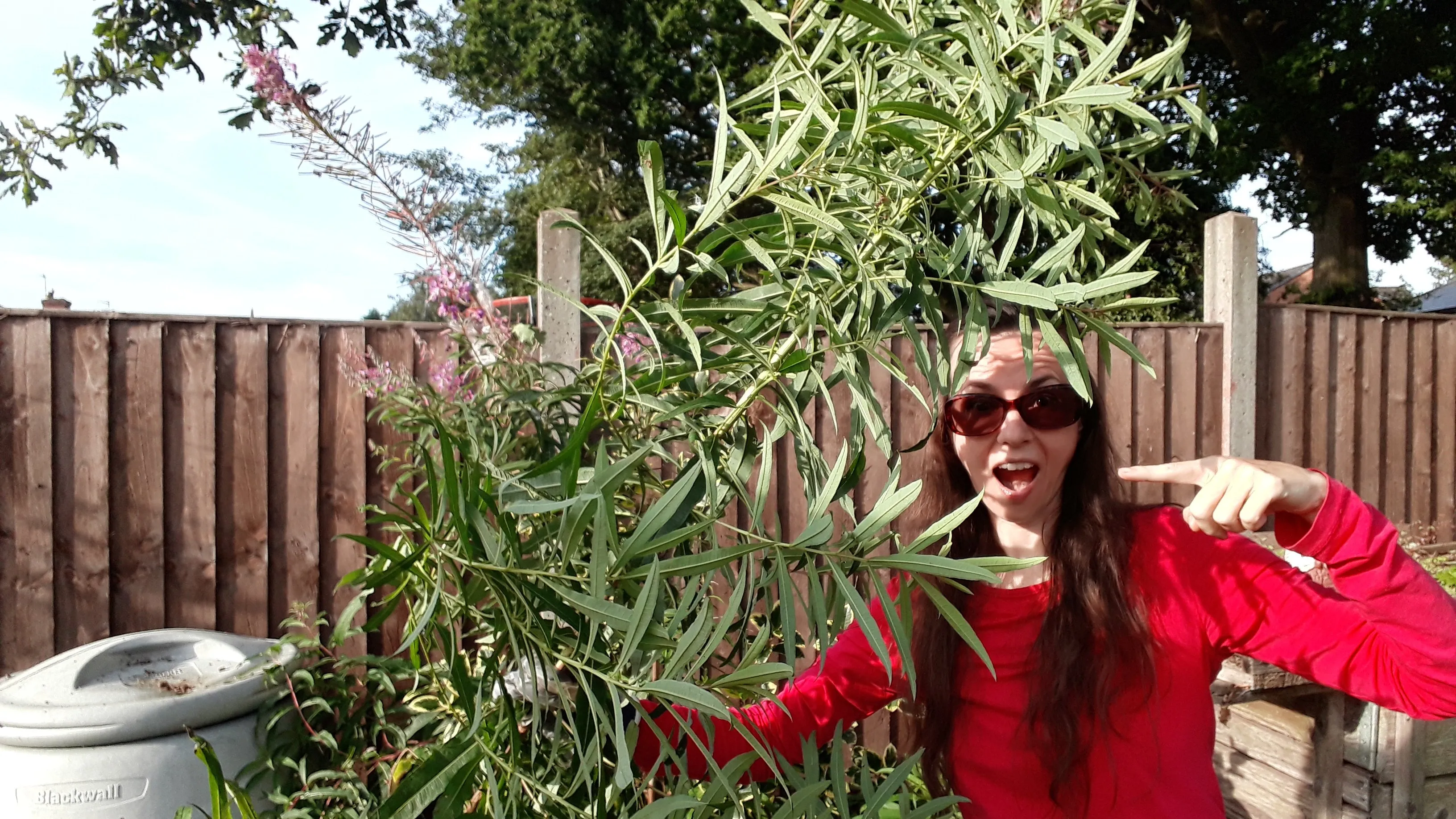Do you find growing blueberries difficult?
How about growing Honeyberries instead?
Honeyberries are fruit of forms of the honeysuckle Lonicera caerulea kamtschatica, also known as blue honeysuckle or edible honeysuckle. It has rather inconspicuous flowers but its favored for its elongated powder-blue fruit, which taste similar to blueberry's and can be used in a similar way.
Honeysuckle is satisfied with a completely ordinary garden soil, cultivated shrubs can handle even drier conditions in the short term. It grows well in partial shade, but it is rather a light-loving shrub. It will also bear fruit better in the light and will be more leafy. After planting, virtually no pruning is needed. To maintain moisture, it is advisable to mulch the plant with mulch bark. We devote more significant watering shortly after planting, then we only keep the soil slightly moist.
The homeland of honeysuckle is in distant Kamchatka, where nature has prepared harsh conditions for the plants. Therefore, it is adaptable, super hardy, fully frost-resistant and long-lasting. It does not need any special care in the cold months and is suitable for higher position. If you still want to be sure, young plants can be covered with fallen leaves for the winter.

Although it may seem unlikely, Honeysuckle attack virtually no diseases or pests. The drying of the leaves in July is not harmful. Honeysuckle has a short growing season, so it is only a natural process.
This shrub is ripening in mid-May. It has juicy fruits that resemble blueberries. They are sweet and sour, aromatic and rich in vitamins C and B. The fruits ripen quickly, sometimes it happens that the shrub reassembles (repeatedly blooms) and the other fruits ripen in September.
In addition, it contains three times more iron than blueberries, is a rich source of vitamin C, vitamin A and routine (vitamin P). It is also rich in calcium, magnesium, potassium and phosphorus.
Antioxidants act as a prevention of atherosclerosis and other diseases of the circulatory system, as a prevention of cancer and oxidative tissue damage, honeysuckle also has diuretic and antibacterial effects.
Let me warn you though! Last year, I was watching the beautiful flowers blooming, the green fruit ripping and changing its colour. I was getting ready to harvest this delicacy and guess what???!!! There’s no fruit left for me! I felt defeated, devastated and I wanted to know who could commit such a horrible crime! I finally found the thieves! Little birds 🐦🐦love it too! Therefore, they ate it before me. This year, I’ll try to play a little trick and put old curtains over the bushes to discourage little thieves stealing again.
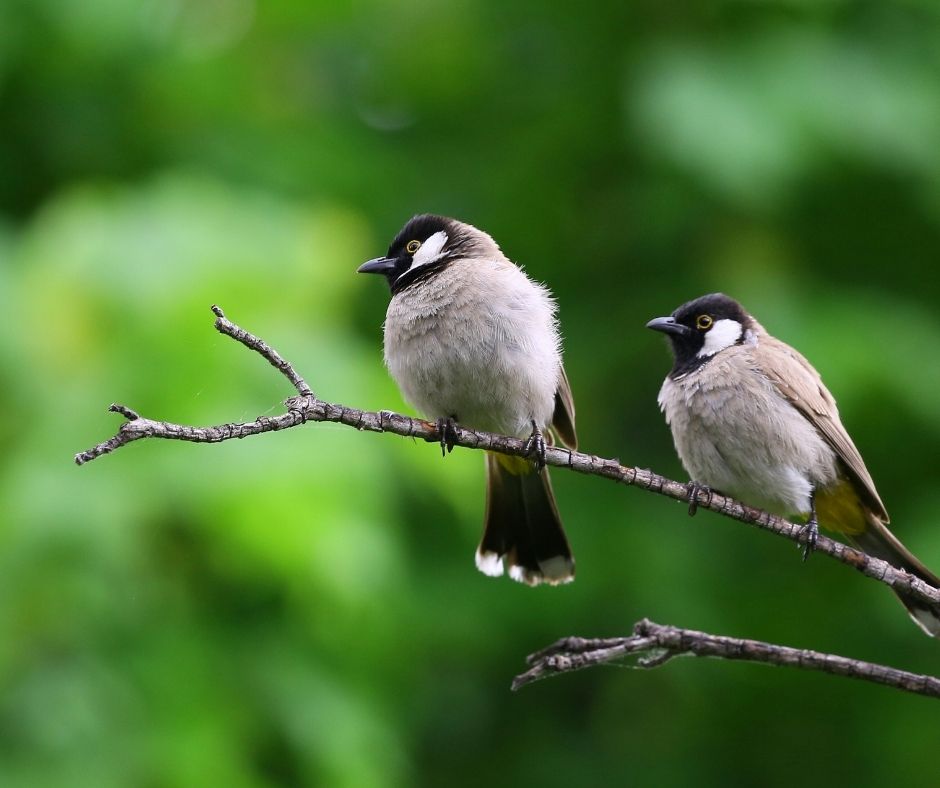
🍀Wish me luck!🍀
Let me know if you’ve heard about honeyberries before and how likely are you giving to have a go?

